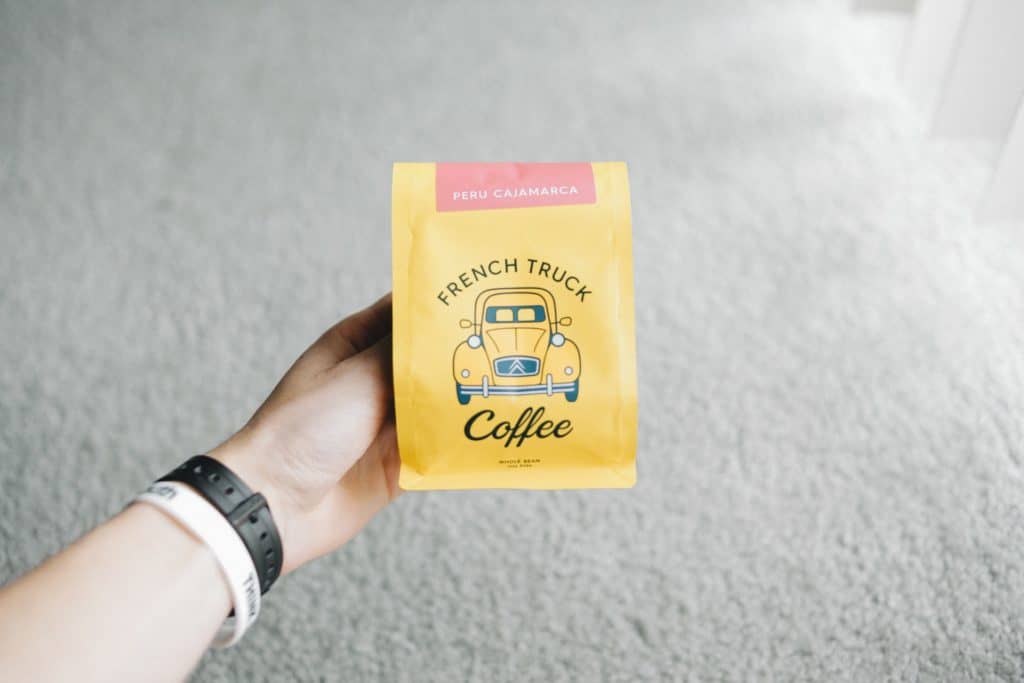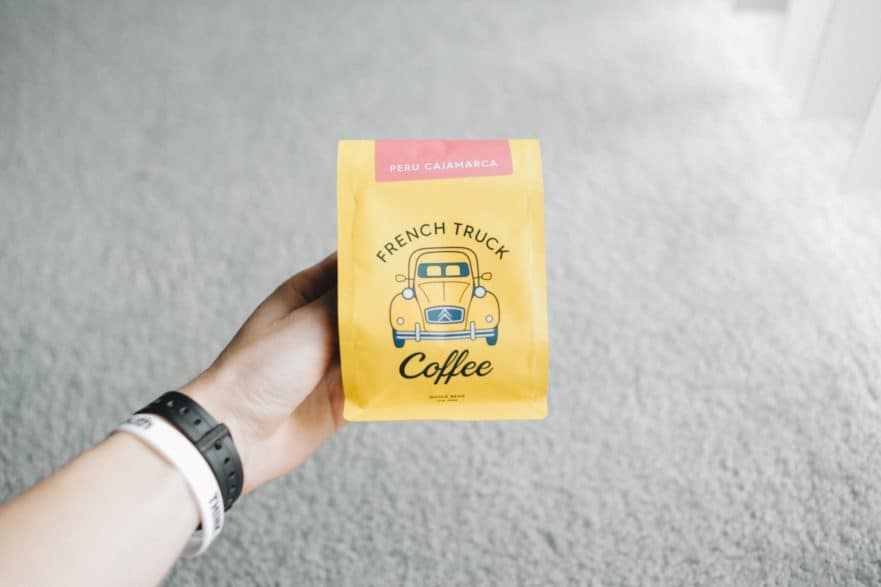
You may think that coffee roasters and brands switching from selling their beans in 1lb bags o 12oz bags wouldn’t be a big deal, most people wouldn’t notice, right? Wrong.
If you are an avid drinker of your own home roasted coffee, and prefer to buy your beans ready for grinding like a lot of people nowdays, then this seemingly small change that has slowly crept in over the last few years would actually have been hugely noticeable.
Which now leads us to the question of why? Well, it seems as though there isn’t one set answer to this question, but rather a few theories that are floating around, so let’s take a look at what they are to give you a better insight as to why this change came about.
5 Reasons Why Coffee is Sold in 12oz Bags
1. Make More Money for Less
When the price of the supply goes up, obviously the seller then has to increase their price as well, but if there’s one thing a customers hate more than anything, it’s a price increase.
Therefore, when the price of coffee rose, suddenly a 1lb bag seemed really expensive, however, a 12oz bag, while smaller, seemed to be a much more reasonable price – despite paying the same amount (or even a little more) per weight for a 12oz bag compared to a 1lb bag.
It’s just how the human brain works, it’s all about how a person perceives the price. There have been comments and reports from coffee shops and roasters to say that they lost customers when the 1lb bags increased in price, but those same customers were happy to pay an increased price for 12oz because this price was still less than a lb bag.
2. Avoid Stale Coffee Beans
Typically, coffee beans last around ten days to fourteen days before they go stale, stale beans taste exactly how you imagine they would, and of course, no one wants this kind of wake up call in the morning.
Having a smaller bag means the beans stay fresh since on average, a family or even an individual will get through the whole bag before the beans get anywhere close to being stale. Fresh beans keep the consumer happy and keep them coming back for more.
3. The Coffee Roasting Process
Before the beans are bagged they have to go through a roasting process, during this they will lose the majority of their moisture and therefore, end up being lighter than at the beginning.
On average, 1lb of beans will end up weighing around 12-13oz; however, this could just be a coincidence, after all, this has always been the case, but the change in size has been relatively recent.
4. Helps People Try New Blends
Keeping bags smaller encourages people to try new single origin coffee and coffee blends. If someone is taking a risk on a blend they are not sure about and know that they will have to either throw away a lot of coffee because they don’t like it or soldier through for weeks on end drinking average coffee every day if they don’t want to waste it can be very off-putting.
5. Coffee in Mason Jars
Did you know that a 12oz bag of coffee beans fits in a Mason jar? In fact, the beans don’t just fit, they fit perfectly. Every single bean can fit in the jar without any room left over, this means the air tight seal of the jar and the lack of space between the beans will stop oxygen getting to them and making them stale quicker.
If you are lucky enough to get coffee the day it or the day after it was roasted you may want to wait a couple of days for the coffee to degas before putting them in the mason jar
But of course, Mason jars were not invented for the purpose of storing coffee beans, so whether the coffee industry thought the perfect fit was a good enough reason to change the size of the bags, well, perhaps we’ll never know for sure.
Final Thoughts
With so many ideas, some better than others, floating around with no actual confirmation from any of the people who made the decision in the first place, it’s safe to say that it is possible that all we’ll ever get are theories or suggestions.
Either way, the change in size has definitely been a positive in terms of keeping beans more fresh for consumers, so it might be an adjustment for anyone who preferred the 1lb bags, but it’s not all bad.

